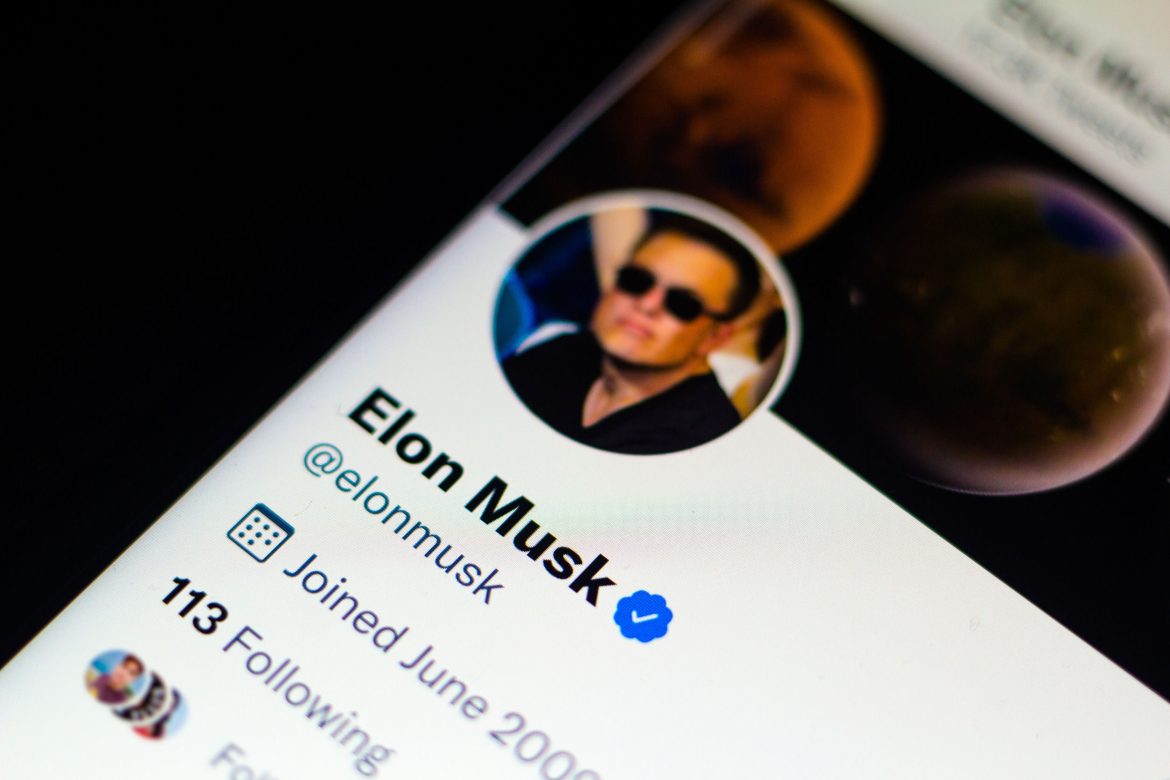Elon Musk, the world’s richest person, has launched a political effort through his America PAC, awarding a daily prize of $1 million to registered voters in swing states.
This controversial move is seen as the latest attempt to help former president Donald Trump reclaim the White House in the 2024 US presidential election.
Musk, who has been vocal about his support for Trump, announced on Oct. 20 via X (formerly known as Twitter), the social media platform he owns.
Musk’s decision to introduce this sweepstakes has added yet another plot twist to what is already shaping up to be one of the most dramatic and unpredictable elections in US history, with Trump facing off against Vice President Kamala Harris, the Democratic candidate.
The giveaway has stirred immediate reactions, with Democrats vowing to explore legal action, raising questions about whether the initiative violates federal election laws.
How does Elon Musk’s giveaway work?
The America PAC sweepstakes, designed to reward a randomly selected swing-state voter each day with a $1 million prize, will run until Election Day on November 5.
To participate, individuals must be registered voters and sign a petition promoting free speech and the right to bear arms.
Musk, with a massive social media following of 202 million on X, has used his platform to heavily promote both the sweepstakes and his political beliefs.
His posts about the contest have gained significant attention, racking up millions of views and reactions.
What sets the sweepstakes apart is its lack of requirement for participants to declare their political allegiance.
While the promotion aligns with Musk’s pro-Trump stance, the terms do not dictate which candidate participants should support.
On October 17, Musk also announced a limited-time offer where Pennsylvania residents — and those who referred them to register — could receive $100 for signing the petition, up from an earlier offer of $47.
This cash incentive has fuelled more debate, especially among election law experts.
Is Elon Musk’s $1 million giveaway legal?
The legality of Musk’s sweepstakes remains an unresolved question.
Federal law prohibits the payment of individuals to register to vote, which has led to concerns that Musk’s America PAC could be walking a fine line.
While the contest itself rewards participants for signing a petition rather than explicitly registering to vote, it still raises potential legal issues because registration is a requirement to be eligible for the prize.
Sean Morales-Doyle, director of the nonpartisan Brennan Center’s Voting Rights Program, pointed out in a Bloomberg report that the offer creates a financial incentive tied to voter registration, which could be problematic under federal law. He said,
The underlying issue is that the sweepstakes and petition are both offering financial incentives for registration.
How might the contest violate election law?
The primary concern with Musk’s contest is its conditional nature, requiring participants to provide proof of voter registration.
Adam Bonin, an election law attorney based in Philadelphia, noted in the report that this could violate election laws in certain states.
For instance, Pennsylvania law specifically prohibits financial inducements to encourage votes for a particular candidate, which could complicate Musk’s efforts.
However, state laws vary, and not all may explicitly prohibit such actions.
Even if the sweepstakes doesn’t violate specific state statutes, federal law is clear on the matter.
Adav Noti, executive director of the Campaign Legal Center, warned that the contest could face both civil and criminal penalties under federal law.
“It is illegal to give out money on the condition that recipients register as voters,” Noti explained.
Given that the terms of Musk’s sweepstakes require registration, it could be subject to enforcement by the Department of Justice.
Could Musk have found a loophole?
Musk’s team appears to be navigating a carefully structured approach that focuses on signing a petition, not registering to vote, which could be key to evading legal issues.
Kate Belinski, a partner at Ballard Spahr, noted that the petition and free-speech pledge Musk promotes could be designed to steer clear of election law violations, as long as the payments are not directly tied to voting or registration.
Moreover, the America PAC’s website emphasizes that recipients of the $1 million prize could have been registered for years before the contest began, suggesting that the payments are not meant as an inducement to register.
As Matthew Haverstick, a political law attorney at Kleinbard LLC, explained, “It’s not legal to offer money to register to vote. But that’s not what this is. It’s an offer to people who are registered to vote, and that includes people already registered.”
Could Musk’s contest violate sweepstakes law?
While election law concerns dominate the discussion, Musk’s contest also brushes against state and federal sweepstakes regulations.
Andrew Lustigman, a New York-based lawyer specializing in sweepstakes law, noted that Musk’s promotion does not appear to violate these regulations.
The rules are clear: no purchase or payment can be required to enter a sweepstakes.
Since Musk does not ask for financial contributions from participants, his contest sidesteps typical issues.
However, requiring participants to be registered voters or refer others to register could be seen as a non-monetary form of consideration, though Lustigman downplayed this risk.
“It doesn’t strike me as being a significant burden,” he said.
Still, legal experts warn that any contest offering financial incentives tied to voter behavior should be handled cautiously, as it could fall under regulatory scrutiny.
The post Elon Musk is giving $1 million daily to swing-state voters — is it legal? appeared first on Invezz

